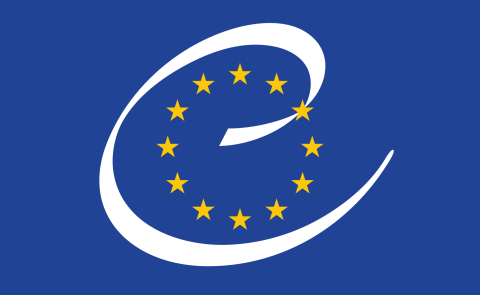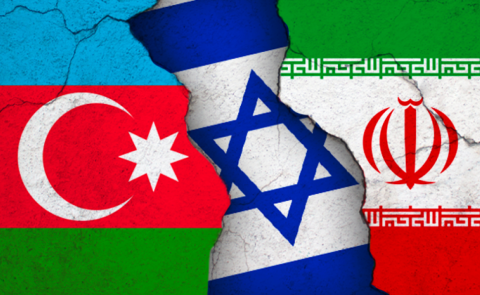
SIPRI report on military expenditures 2019: Armenia and Azerbaijan amongst the biggest GDP spenders

On 27 April, the Stockholm International Peace and Research Institute (SIPRI) published their report on the military expenditures in 2019.
According to the report, global military expenditure was estimated to have been $1917 billion in 2019, the highest level since 1988. The total was 3.6% higher in real terms than in 2018 and 7.2% higher than in 2010. World military spending rose in each of the five years from 2015, having decreased steadily from 2011 until 2014 following the global financial and economic crisis. The world military burden—global military expenditure as a share of global gross domestic product (GDP)—in 2019 was 2.2%, a minor increase from 2018. Military spending per capita rose from $243 in 2018 to $249 in 2019. The biggest spenders in the military were the USA (38% of world share), China (14%), India (3.7%), Russia (3.4%) and Saudi Arabia (3.2%).
Total military spending in Europe in 2019 was $356 billion, 5.0 per cent higher than in 2018 and 8.8 per cent higher than in 2010. Europe accounted for around 19 per cent of global military expenditure in 2019, making it the third-largest spending region after the Americas. Asia and Oceania. The Eastern Europe subregion spent 74 billion US dollars on the military (3.9% of world share) with Russia’s expenditures amounting to 88% of the region’s total spending. The neighbouring countries of Turkey and Iran ranked 16th and 18th respectively, together amounting to 2% of the global share in military spending.
Armenia and Azerbaijan were ranked amongst the biggest relative military spenders in accordance to their national GDP. Armenia was ranked 6th with an 4.9% share of national GDP in military expenditures, while Azerbaijan was 9th with a 4% GDP share. Only Oman (8.8%), Saudi Arabia (8%), Algeria (6%), Kuwait (5.6%) and Israel (5.3%) had a larger GDP share then Armenia, followed by Jordan (4.7%) and Lebanon (4.2%) respectively.
The SIPRI is an international institute based in Sweden, dedicated to research on conflict, armament-and disarmament as well as arms control. Established in 1966, SIPRI provides open source data, analysis and recommendations to policymakers, researchers, media and the interested public, based on open sources, to policymakers, researchers, media.
See Also


Armenia Strengthens Ties with Council of Europe

Former Armenian President Labels Pashinyan a Traitor and Blasphemer

Pashinyan Addresses Key Issues on Church, National Future, and Fund Allegations

Azerbaijan Calls for 'Dialogue and Diplomatic Resolution' Between Israel and Iran

